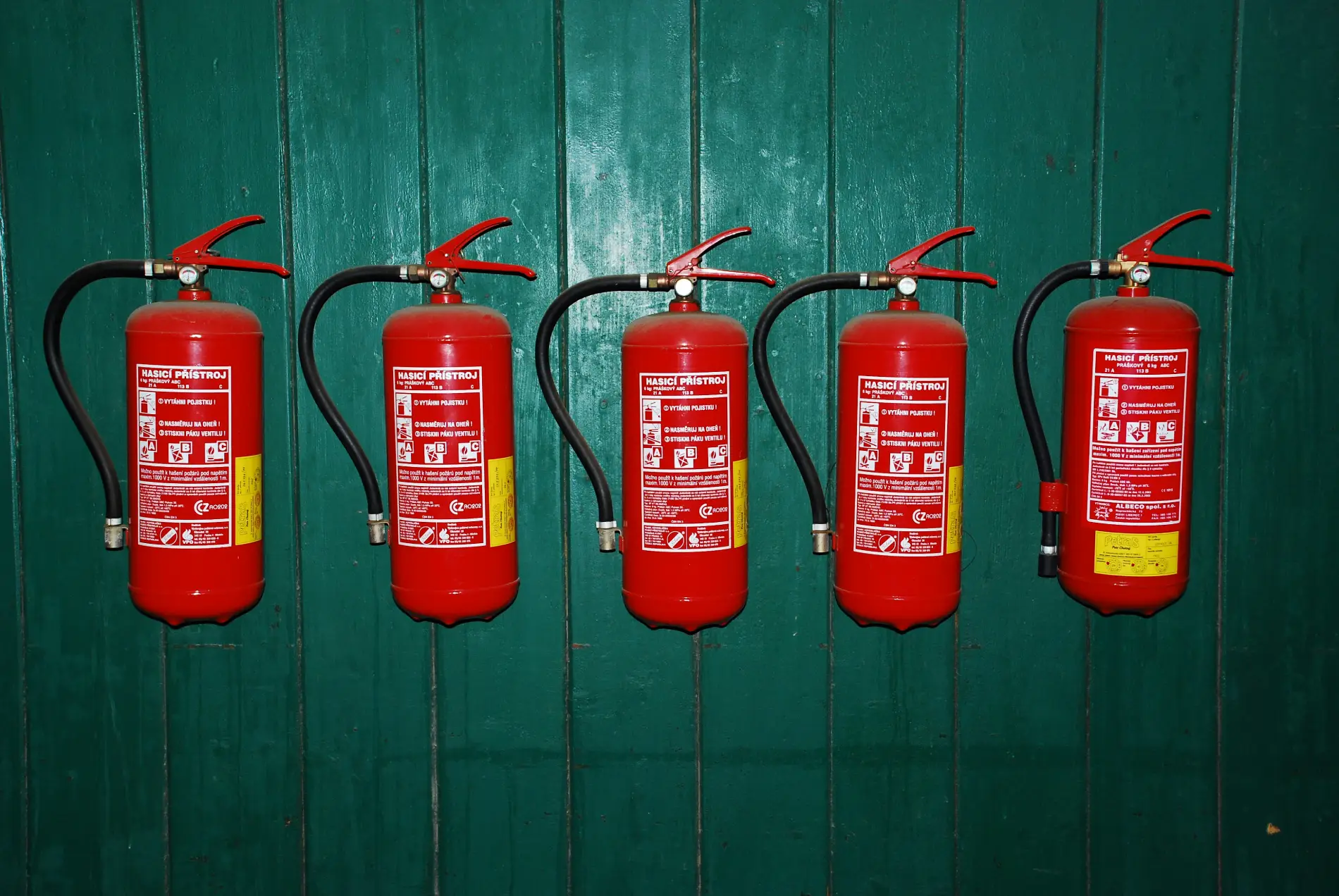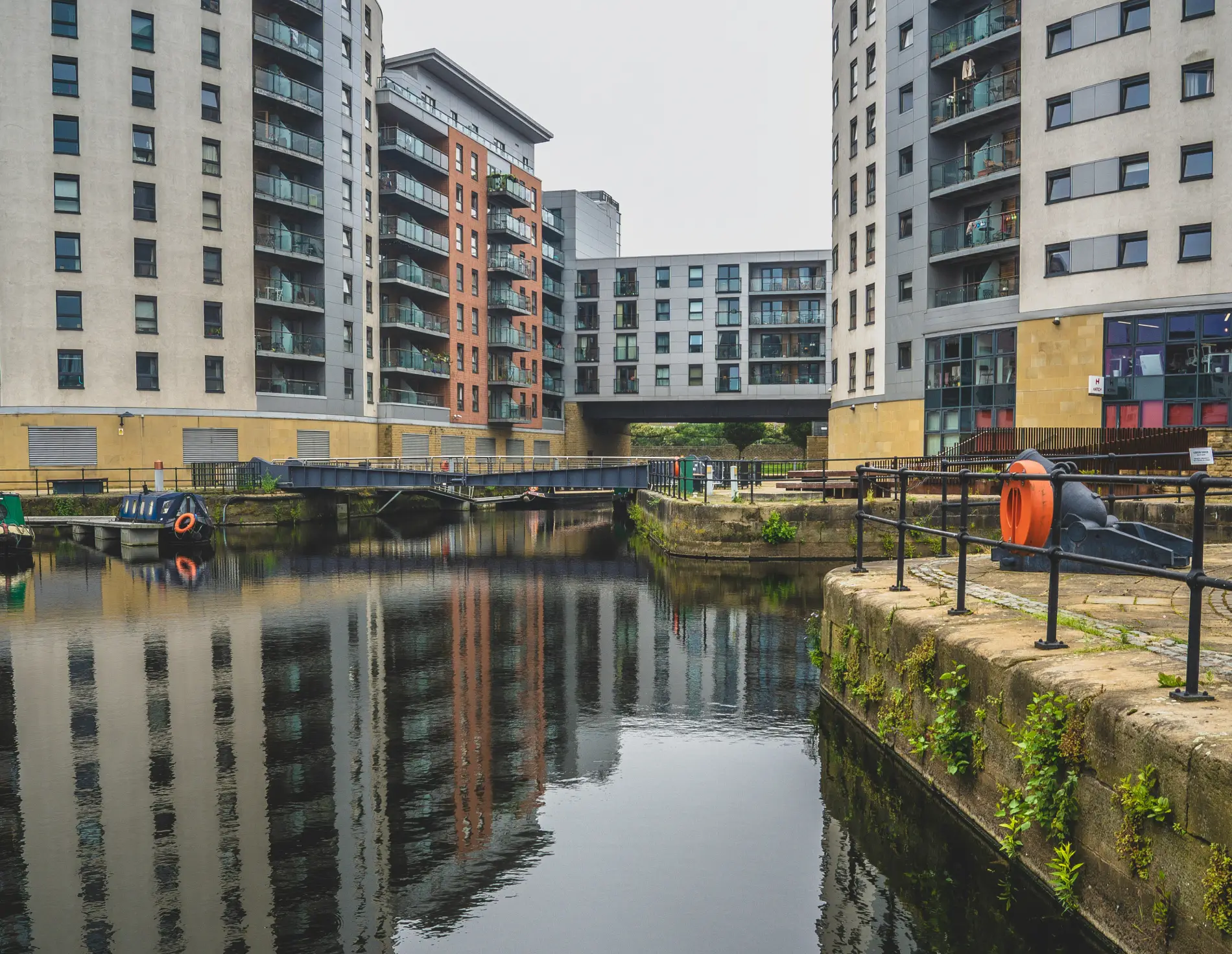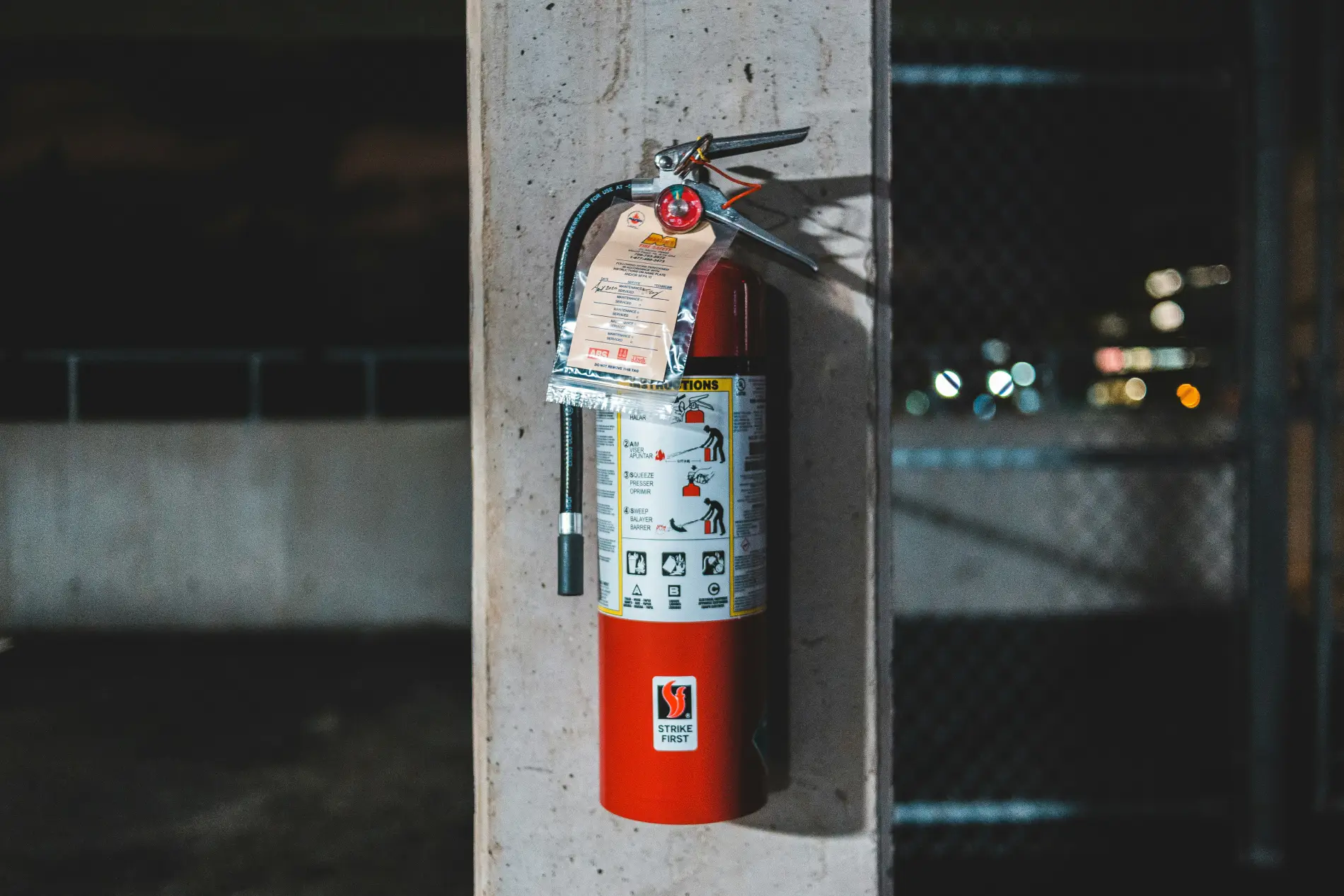Understanding Your Responsibilities as a Building Manager for Fire Safety

As a building manager, your role extends far beyond the day-to-day operations and maintenance of a property. A significant, and arguably the most important, part of your remit is ensuring the safety of everyone within the building.
When it comes to fire safety, this responsibility is not just a matter of good practice; it is a legal and moral imperative.
The "Responsible Person"
The Regulatory Reform (Fire Safety) Order 2005 places a clear emphasis on a "responsible person" for fire safety in non-domestic premises. This could be you, the building manager, or it might be the owner, employer, or occupier, depending on the specific structure of the organisation. This designated individual is tasked with ensuring compliance with fire safety regulations, including organising regular inspections, servicing, and addressing any issues promptly.
The duties of the responsible person are extensive and cover several key areas:
Fire Prevention Measures
This involves taking proactive steps to minimise the chances of a fire starting. It includes managing electrical safety, ensuring proper storage of flammable materials, and maintaining a clear understanding of potential ignition sources. Regular checks on electrical systems, for instance, can prevent issues like faulty wiring or overloaded circuits from escalating into dangerous situations.
Ensuring Adequate Fire Detection Systems
A robust Fire Alarm system is crucial for early warning and safe evacuation. The responsible person must ensure that the building has an appropriate fire detection system in place, tailored to its specific needs. This includes the proper placement of various detectors, such as smoke, heat, and carbon monoxide detectors. For environments like schools and colleges, reliable fire alarms are essential for maintaining a safe learning environment, particularly given the vulnerable populations present.
Maintaining Fire Safety Equipment
This goes beyond just having the equipment; it means ensuring it is fully functional at all times. This includes regular maintenance of fire alarm systems, fire extinguishers, and other suppression equipment.
Fire Safety Maintenance
For building managers, staying on top of maintenance schedules for various fire safety systems is a continuous commitment.
Fire Alarm System Maintenance
Regular maintenance of your fire alarm system is not just about compliance; it's about ensuring it will function as intended when it matters most. According to BS5839, commercial fire alarm systems should be inspected and tested by a qualified technician at least twice a year. More complex systems, such as those in high-footfall retail spaces, may require more frequent inspections. Weekly testing by a designated individual, activating a different manual call point each week, is also required. Quarterly maintenance by a certified fire alarm technician and an annual full check of the entire system are also essential. Magni Fire offers comprehensive Fire Alarm Maintenance services to ensure your system remains fully operational and compliant.
Fire Extinguisher Maintenance
While often overlooked, Fire Extinguishers Maintenance & Servicing is equally important. Extinguishers need to be regularly checked to ensure they are in the correct location, are unobstructed, have not been tampered with, and are fully charged. Professional annual servicing ensures they remain ready for use in an emergency.
Gas Suppression Systems
For specific areas within a building, such as server rooms or data centres, where water-based suppression might cause more damage than the fire itself, Gas Suppression Systems are a critical alternative. These systems work by releasing an inert gas to suppress the fire without leaving residue. Regular checks and servicing of these systems are vital to ensure their rapid and effective deployment if a fire.
Passive Fire Stopping
Beyond active systems, Passive Fire Stopping plays a crucial role in compartmentalising a building to prevent the spread of fire and smoke. This involves sealing gaps and openings with fire-resistant materials to maintain the integrity of fire-rated walls and floors. As a building manager, you are responsible for ensuring that these vital barriers remain intact and effective, which often requires regular inspections for damage or unauthorised alterations.
Wet / Dry Riser Systems
In larger or taller buildings, Wet / Dry Riser Systems are essential for firefighters to quickly access water on different floors. These systems require regular inspection and testing to ensure they are free from blockages, leaks, and damage, and are ready for immediate use by emergency services.
Aspirating Smoke Detection (ASD)
For areas where very early detection is critical, such as clean rooms or historical archives, Aspirating Smoke Detection (ASD) systems offer heightened sensitivity. These systems actively draw air samples into a detector for analysis, providing an alarm even before visible smoke is present. Regular calibration and maintenance are essential for their optimal performance.
Training and Emergency Planning
Your responsibilities also extend to the people within the building:
Staff Training
It is essential to train key staff members to operate and test the fire alarm system correctly. Everyone in the building should know the evacuation procedures, assembly points, and how to use basic firefighting equipment. Regular fire drills are a vital part of this training, helping occupants to react calmly and efficiently in a real emergency.
Emergency Procedures and Signage
Developing and clearly communicating emergency evacuation plans is critical. This includes clear escape routes and assembly points, as well as providing adequate Fire Safety Signage throughout the building. All occupants should be aware of these procedures, and they should be easily accessible.
Record Keeping
Maintaining detailed records of all inspections, tests, maintenance activities, and staff training is not only good practice but also a regulatory requirement. These records demonstrate due diligence and can be invaluable in the event of an incident or audit.
The Consequences of Neglect
Neglecting your fire safety responsibilities can have severe consequences. Malfunctioning alarms pose a significant safety risk, as they may fail to alert students and staff in time, potentially leading to injury or loss of life. Schools, and indeed any commercial property, that fail to properly maintain their fire alarm systems risk facing regulatory non-compliance, including fines, legal action, and even closure. Beyond legal ramifications, neglected maintenance can lead to higher repair costs, as minor issues can escalate into significant problems. Ultimately, a fire incident due to a faulty system can result in extensive damage to the property, forcing temporary closures and disrupting operations.
Partnering with Experts
Given the complexity and critical nature of fire safety, many building managers choose to partner with experienced fire protection providers. This ensures that all systems are installed, maintained, and compliant with the latest regulations.
Magni Fire offers comprehensive fire safety solutions, from expert Fire Alarm installation and Fire Alarm Maintenance to Passive Fire Stopping and Gas Suppression Systems. Our team of fully trained and BAFE SP203 certified technicians are based in Essex and provide trusted fire detection and protection solutions across London and the UK.
If you are looking to ensure your building's fire safety systems are always in top condition and fully compliant, we invite you to contact us today.




